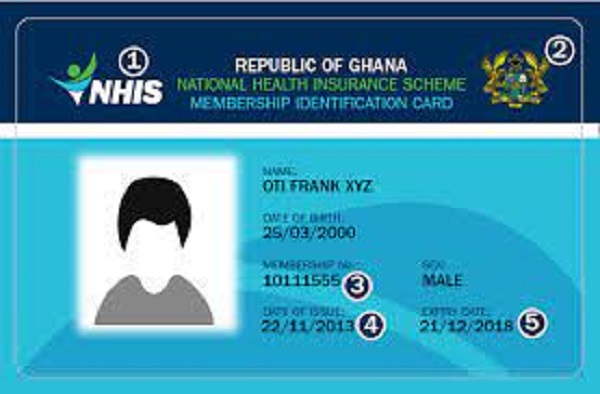
Ghanaian Health Insurance
In Ghana, the National Health Insurance Scheme is considered a legacy of the John Kufuor government. In an effort to win over voters in the 2000 elections, Kufuor made a vow to do away with the health care system’s “cash and carry system.”

Patients had to pay for services at every stage of the process, even if they had been taken into the hospital in an emergency. Imagine being brought to a hospital after an accident where your wounds are bleeding, and then being told to pay before a doctor will treat you. Deaths occurred. There have been instances where people have lost their life simply because friends and family were not present to provide the necessary advance payment.
Therefore, Kufuor was resolved to abolish “cash and carry” after winning the 2000 election and replace it with a fair insurance program that guaranteed that treatment was given before payment. It took Kufuor’s government almost three years after his election to enact the National Health Insurance Act, despite his unwavering perseverance. However, Kufuor fulfilled his pledge to end “cash and carry,” and the Ghana Health Insurance Scheme is now seen as one of the achievements for which he will be most remembered.
The National Health Insurance Authority is mandated by law to grant licenses, oversee, and control the functioning of health insurance programs in Ghana.
Health insurance types
In Ghana, there are three primary types of health insurance.
The district mutual health insurance system, which is available in every district in Ghana, is the first and most well-liked category. Anyone who lives in Ghana is eligible to register for this public, non-commercial scheme. You can transfer your insurance policy and maintain coverage in the new district if you are registered in “District A” and relocate to “District B.” Those who are deemed indigent—that is, too impoverished, jobless, or without the basics of life to be able to afford insurance premiums—are also covered by the district mutual health insurance program.






